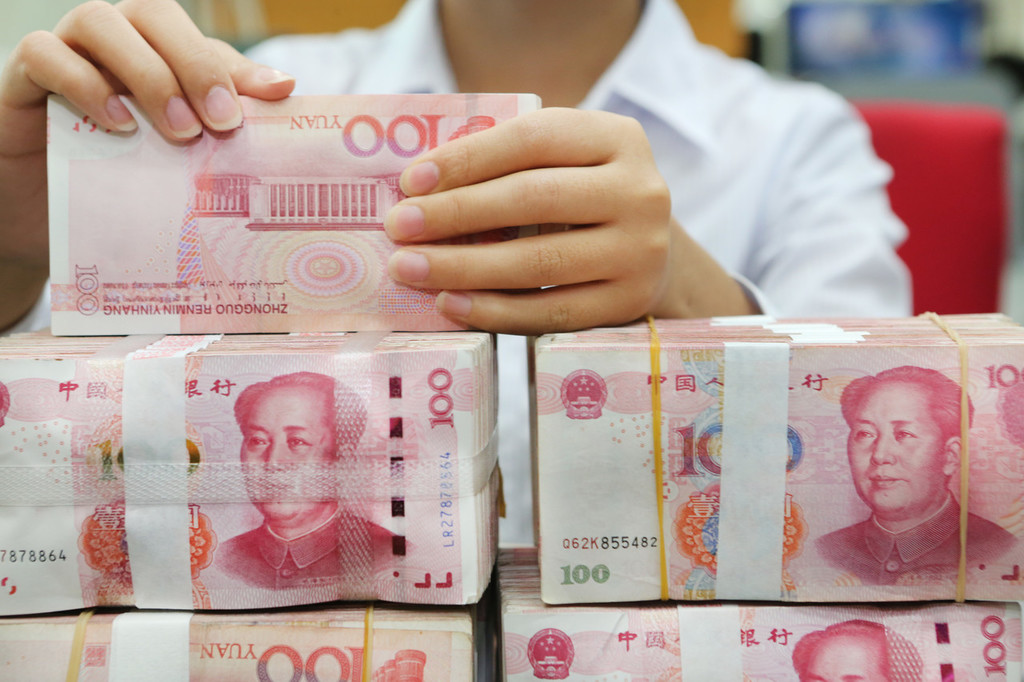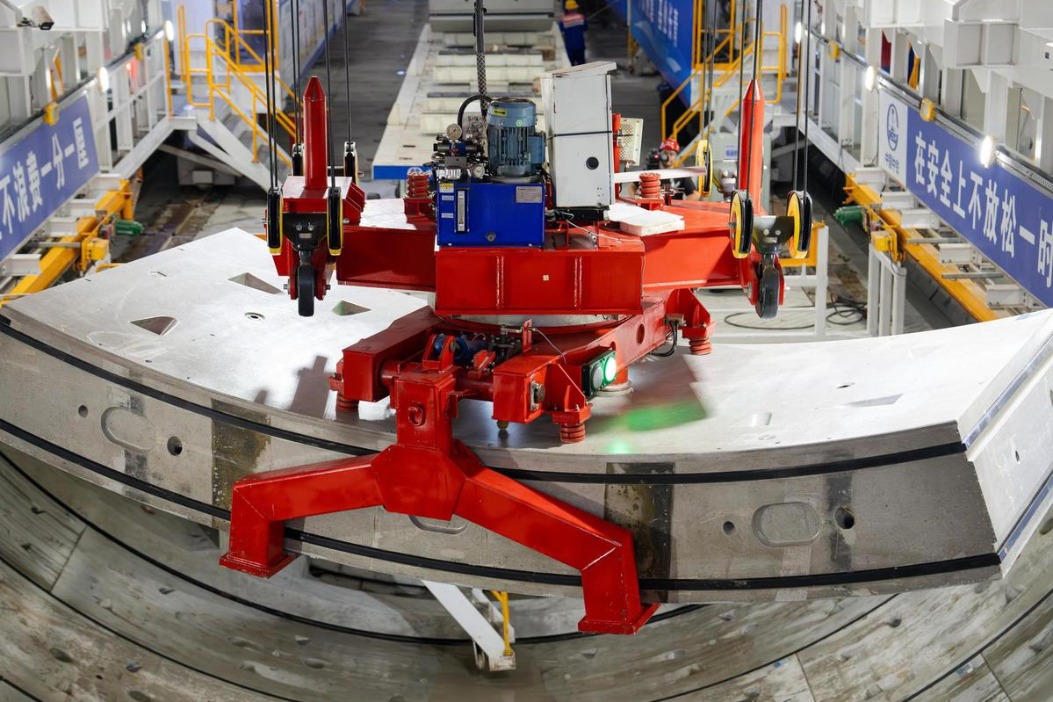23 listed firms become first batch to receive loans for share buybacks


More Chinese listed companies are expected to leverage the new special central bank lending program to buy back shares and boost shareholdings, after the first batch of 23 listed companies applied for more than 10 billion yuan ($1.41 billion) of loans in total through the program, according to bank statements and relevant sources.
The country's major commercial banks said on Monday that they will continue utilizing the special central bank lending tool to support the stable growth of the capital market, implying that some listed firms have actively applied for loans for share buyback and holding increase and more of them may disclose corresponding announcements in the future.
The Bank of China said in a statement that it had reached cooperation intentions with nearly 100 listed companies and made clear loan commitments to 32 listed firms, spanning a range of sectors, such as integrated circuits, transportation, high-end manufacturing and business services.
Starting implementation Friday, the program offers up to 300 billion yuan in low-cost loans at a rate of 1.75 percent to 21 eligible commercial banks, which will then lend to qualified companies and shareholders at an interest rate not exceeding 2.25 percent in principle, said the People's Bank of China, the country's central bank.
As of Sunday, 23 Shanghai and Shenzhen-listed companies, including State-owned enterprises such as Sinopec and privately-operated companies like the semiconductor supplier GigaDevice, have disclosed that they or their controlling shareholders had entered into agreements of intent with the banks or obtained a loan commitment letter of getting loans through the program.
Liu Yuanchun, president of the Shanghai University of Finance and Economics, said the launch of the program signaled a "significant paradigm shift" that the PBOC is making efforts to correct the systemic pricing distortion in China's capital market, where hundreds of listed companies are trading at a price-to-book value ratio below 1.
"The measure will help establish a floor of China's capital market, addressing the widespread and persistent issue of stock market values falling below book values," Liu said at a forum.




































